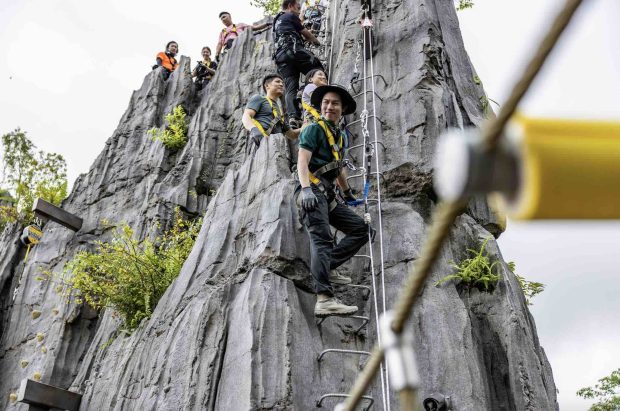As individuals with autism spectrum disorder (ASD) enter adulthood, they confront a distinctive array of challenges and life transitions. These transitions encompass a blend of excitement and apprehension, necessitating support and empathy from family, caregivers, and society at large. This blog will explore some of the primary challenges that adults with autism encounter during life transitions and examine potential solutions.
Transitioning to Adulthood
Transitioning to adulthood is a significant life milestone for everyone, but it can be particularly complex for individuals with autism. This phase often involves several crucial life transitions, including education, employment, independence, and social relationships.
Education
One of the first major life transitions for individuals with autism is completing their formal education. Transitioning out of school can be challenging, as it often means leaving behind familiar routines, structured environments, and support systems. To ease this transition:
- Individualized Education Plans (IEPs): Ensure that students with autism have well-developed IEPs that focus on transition goals, including vocational training and life skills.
- Career Exploration: Encourage career exploration and provide vocational training and internships opportunities to prepare individuals for the workforce.
- Supportive Environments: Create supportive and inclusive post-secondary education options for those who wish to pursue higher education.
Employment
Finding and maintaining employment can be difficult. Some common challenges include navigating the job market, handling interviews, and coping with workplace sensory sensitivities. Solutions to these challenges may include:
- Job Coaching: Provide job coaching and workplace accommodations to help individuals succeed in their chosen careers.
- Neurodiversity Initiatives: Encourage employers to embrace neurodiversity by creating inclusive workplaces and recognizing the unique talents that individuals with autism bring to the table.
- Social Skills Training: Offer social skills training and communication support to enhance workplace interactions.
Independence
Achieving independence is a key life transition for adults with autism. This includes managing daily tasks, such as cooking, budgeting, and transportation. You might want to use a free online autism test from Autism360 to keep a check on your diagnosis and just assert control over your health. You can also find apps to help with daily life and enhance your skills, as seen on androidpolice.com. To foster independence:
- Life Skills Training: Offer life skills training programs to help individuals with autism gain the skills they need for independent living.
- Supportive Living Arrangements: Provide a range of housing options, including supported living arrangements, to accommodate varying levels of independence.
Relationships
Building and maintaining relationships can be challenging for adults with autism. Social interactions, understanding social cues, and navigating the complexities of dating and friendships can be particularly difficult. Solutions may involve:
- Social Skills Training: Offer social skills training programs that address communication, reciprocity, and conflict resolution.
- Supportive Social Groups: Create social groups or clubs that cater to the interests and strengths of individuals with autism, facilitating social connections based on shared passions.
Advocacy and Support
Throughout these life transitions, advocacy and support are essential. Adults with need the tools and resources to advocate for their needs and preferences effectively. Here are some strategies:
- Self-Advocacy Skills: Provide training in self-advocacy to help individuals express their needs, preferences, and boundaries.
- Family and Caregiver Support: Offer support and guidance to families and caregivers as they navigate the challenges of supporting adults with autism during life transitions.
- Community Resources: Ensure access to community resources, such as support groups and vocational rehabilitation services, to help adults with autism succeed in various aspects of life.
In conclusion, life transitions for adults with autism are marked by unique challenges that require thoughtful solutions and support systems. With the right resources, accommodations, and understanding, individuals with autism can navigate these transitions successfully and lead fulfilling lives. Recognizing the strengths and abilities of adults with autism and fostering a more inclusive society is a shared responsibility that benefits everyone.







